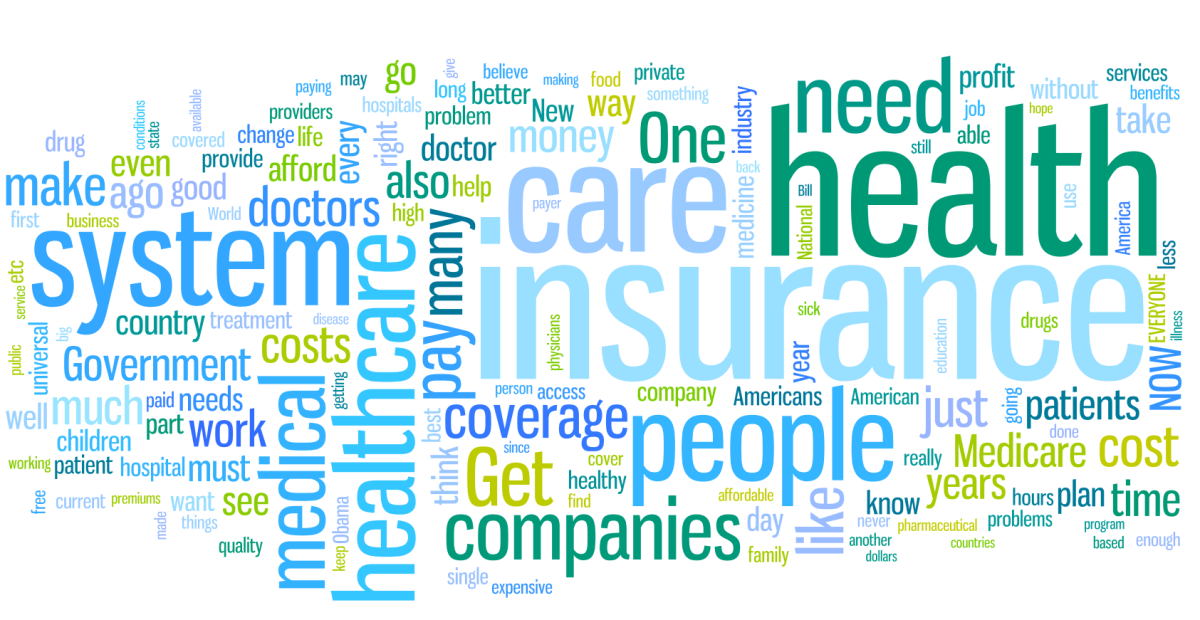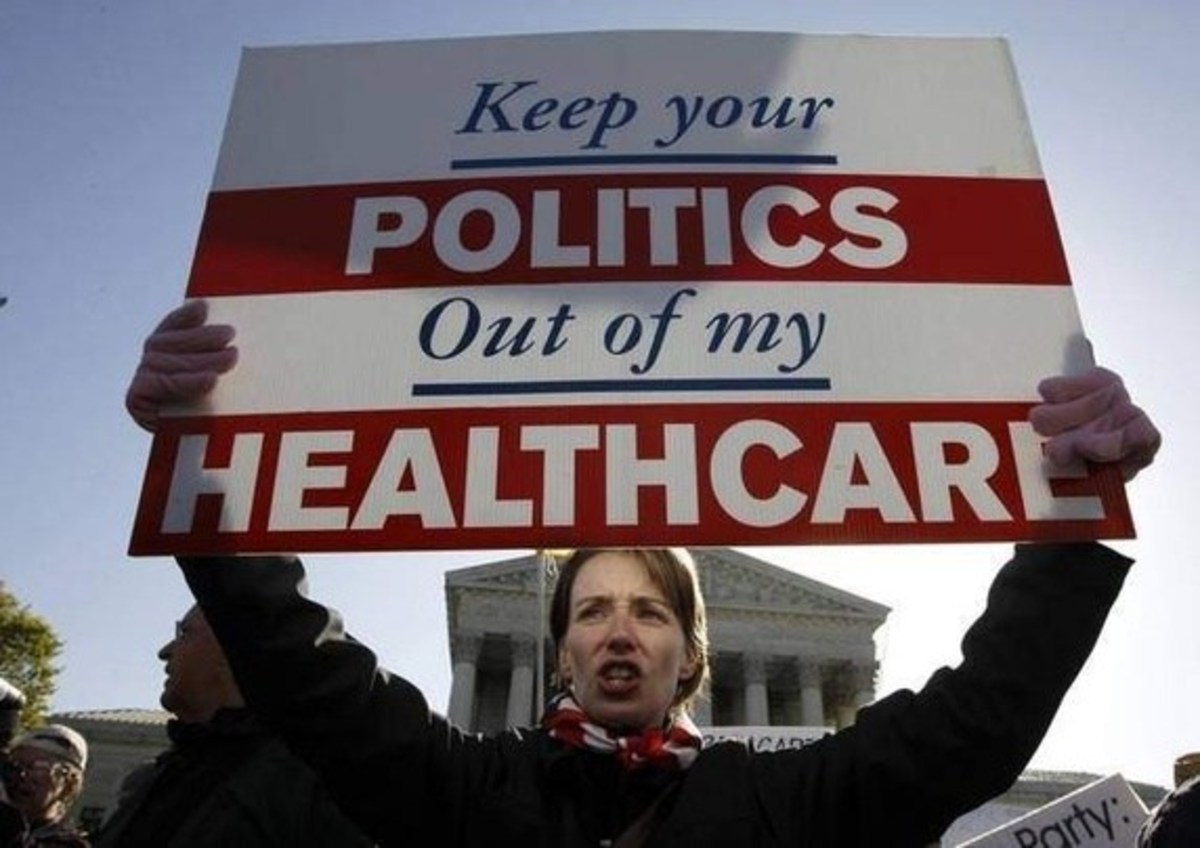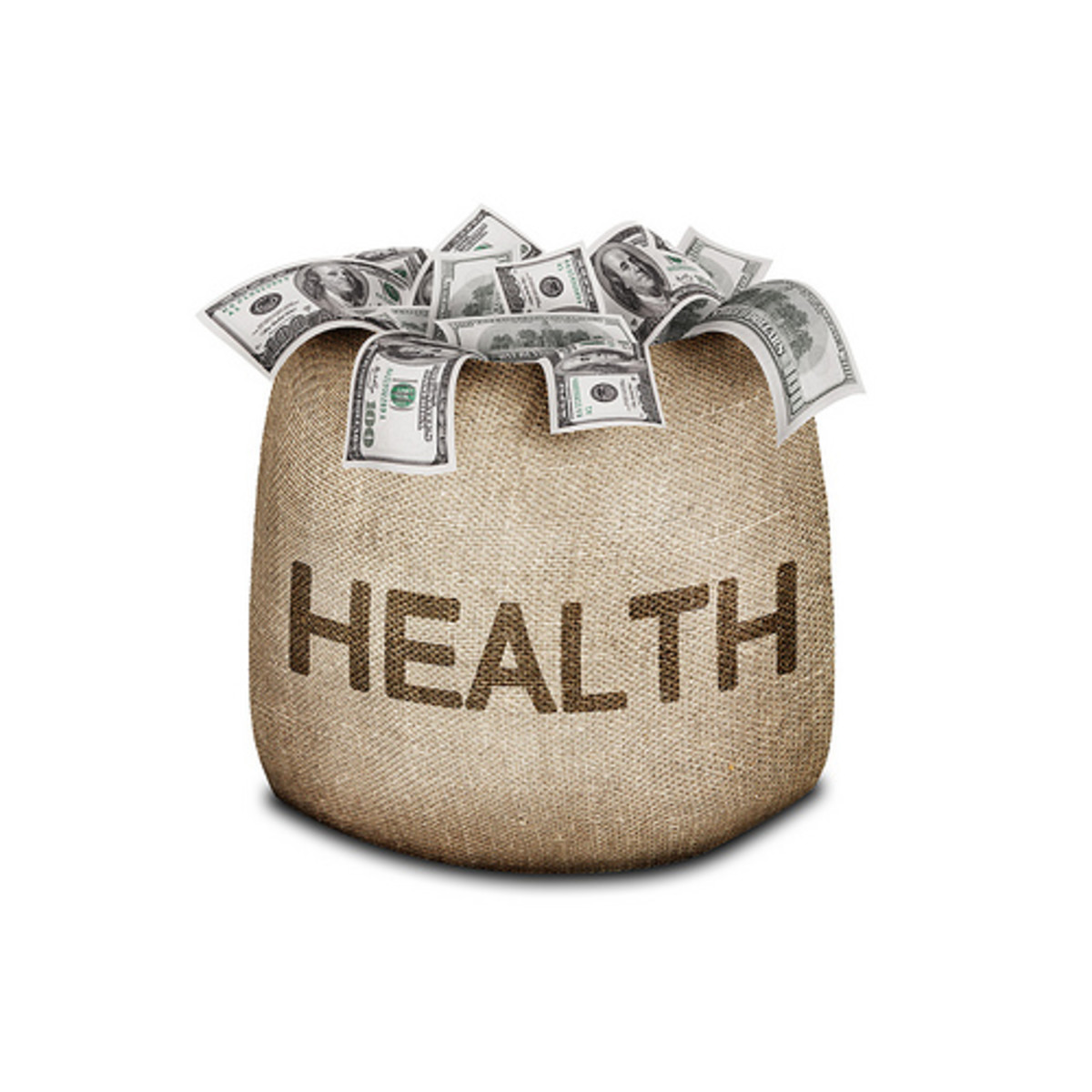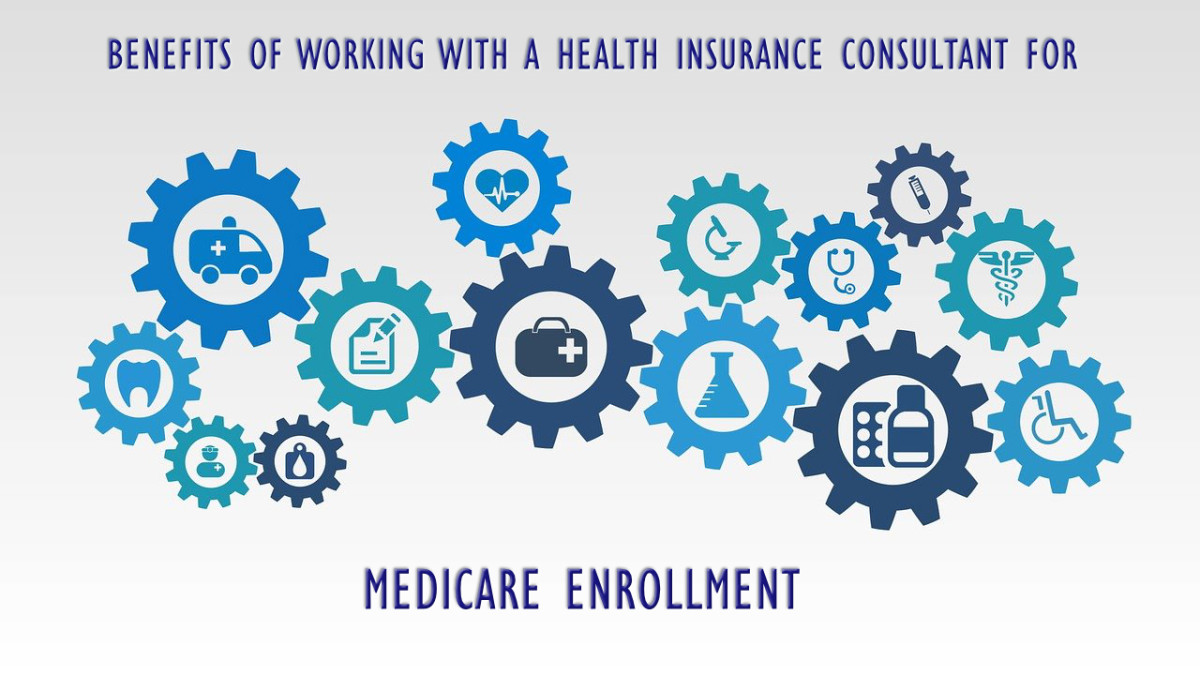Health Spending Account
Health Spending Account And Its Uses
Health spending accounts have been around for some time now, but this is my take on these great benefit that is offered by various companies.
Don't be afraid of using a health spending account. If you have never used one before I recommend starting off with a $50-100 deduction for the first year to test out this account. My first year I used the health spending account option at my job, I realized I should of had a higher amount deposited into my account.
Basically a health spending account is pre taxed dollars set aside for you to pay health care related expenses that may not be covered by your regular insurance. I will include a list of various expenses that are covered. Most health insurance plans that offer this spending account also have a debit card that is issued to you for convenience to use your funds. This debit card can only be used to purchase and or pay for those items that are covered under health expenses or something that is prescribed by your doctor. During benefit enrollment periods at the company you work for, when your health care spending account is activated you will get the full amount to use right away. What I mean by this is simple. I will use myself as an example.
Last year I signed up for $150 health care spending account. January first when the new benefits for the new year kicked in I had $150 in my health care account to spend on prescriptions, and other health care needs. So next year I am going to bump up my health care spending account to $600 to use in the year. Another good thing about the health care spending account is your tax bill with the IRS is lowered a little bit. The maximum you can contribute to your health care spending account is $5000/year. And you have to use all of the money you set aside or you will forfeit the remaining unused balance to Uncle Sam. So plan wisely. But if you are a person who has lots of Dr. visits throughout the year, this is a great benefit to sign up for because your co pays that you have can also be paid by this health care spending account. Sometimes prescriptions can cost more than what you figured it would be, and your health card can pay for that also. Again, your balance in your health care spending account is set at the beginning of the year, so you can not add additional funds to it if you run out during the year. You have to estimate how much you feel you will spend during the year, then give or take a few hundred dollars you can set that amount to be taking out of your paycheck on pretax dollars. Its a win win situation for any person looking to lower their tax bill and be able to pay for various expenses. Below will be just a sampling of the covered expenses that can be used by your Health Care spending Account Debit card that they give you.
Acne Products - Products specifically marketed for and used to treat acne
Acupuncture - Treatment of a medical condition
Alcohol or drug addiction - Payments to a treatment center for A/D addiction, including meals and lodging
Allergy prevention products - Products purchased or used to alleviate allergies such as a pillow, mattress or vacuum
Allergy testing and shots
Ambulance Service
Arch Support - Supportive foot products prescribed by a doctor to treat a medical condition
Artificial limbs
Birth Control pills - Prescribed birth control pills
Birth Control products - Prescribed devices such as diaphragm, IUDs, and Norplant, in addition to over the counter items such as home pregnancy test, condoms, gels, and foams
Blood Donation - Cost associated with blood donation including self administered blood donations, storage fees, and processing fees
Blood pressure monitors - cost include electronic monitors and replacement blood pressure cuffs
Body Scans
Braille books and magazines - Cost are limited to those that exceed regular printed editions
Breast Pumps
Child Birth Classes
Chiropractor
Contact lenses and solutions - Products include saline solution and enzyme cleaner
Cosmetic services and products - those necessary to improve a deformity related to a congenital abnormality or an injury resulting from an accident, trauma, or disfiguring disease
Dental Co Insurance - Amounts Not Covered by your dental plans/or your spouse's dental plan
Dental Co Payments
Dental Deductible
Dental Expenses - Fees for X-Rays,fillings,braces,extractions,crowns, and orthodontia
I have a 9 year old that will need braces and my dental insurance only covers 50% of that future bill, I now know that I can bump up my health care spending account for next year to offset the 50% that I will be responsible for. This is a prime example of the benefits of this type of program. And as you can see, its not just for normal "health care" expenses.
The list continues.....
Dental Implants - Fees for insertion of artificial tooth, bone grafting, and follow - up care
Dental reasonable/customary - Amounts not paid by a dental plan that exceed reasonable and customary limits
Denture
Diapers - necessary as a result of a medical condition
Dietitian services - fees paid to a dietitian when referred by a doctor
Disability construction cost - Constructing entrance and exit ramps, adding handrails or modifying a home for disability of an employee or dependent
Disability equipment
Erectile dysfunction - Medication prescribed by a doctor like Viagra or Cialis etc.
Exercise equipment - Equipment recommended by a doctor for the treatment of a medical condition
Eye examinations
Eye Surgery
Eyeglass tinting and coating
Eyeglasses -Cost include prescription glasses and non prescription reading glasses
Flu Shots
Guide Dog
Hearing Aids
Hearing coinsurance
Hearing Co-payments
Hearing Deductible
I will continue the list soon.....
Update January 2013
Ok for the most part a Health Spending Account is still a great thing to use. But I have learned that different providers cover different things. Your benefits resources department will be able to clarify what is and isn't covered. Call them, and take names and dates and times of who you spoke to, and make sure the call is recorded in case you need to reference the day you asked if something was covered and it wasn't. Overall it can lower your tax bill, but always always always keep your receipt for at least a year after the transaction, to make sure they don't try to audit you and tell you that something shouldn't of been paid, and you have to provide proof of a receipt. Yea, that should never happen, but it does.









